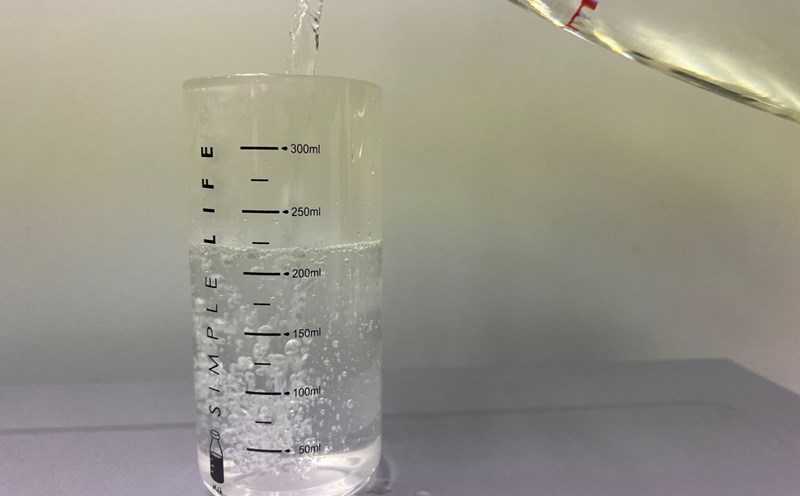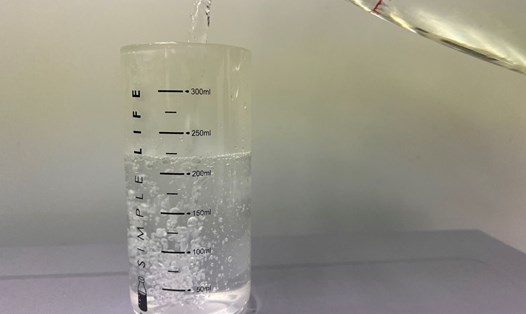The role of hydration in kidney stone elimination
According to Dr. Santosh Gawali, senior consultant physician at Jaslok Hospital and Research Center, Mumbai (India), staying hydrated is an effective way to reduce the risk of kidney stones.
Dr. Gawali explains that kidney stones are like a thick solution. When you have little water, waste products and minerals in your body can easily clump together and form stones. However, when you drink water, these substances are diluted, making them easier to eliminate through urination.
In addition to water, drinks such as lemonade and orange juice also have a protective effect on the kidneys because they contain citrate. Citrate helps prevent the formation of kidney stone crystals.
However, Dr. Gawali also emphasized that in some health conditions such as hyperparathyroidism (overactive parathyroid gland syndrome) or high uric acid levels, the body produces more waste than normal. In these cases, drinking more water may not be enough to prevent kidney stones and other treatments are needed.
How much water should you drink to pass kidney stones?
To prevent kidney stones, Dr. Gawali emphasizes that you need to make sure to pass about 2.5 liters of urine every day. Since the body loses an insensible amount of water through breathing and sweating (about 800 ml), the amount of water you drink every day should range from 3 to 3.5 liters.
He also notes that if you sweat a lot, such as after strenuous exercise or in hot, humid weather, you need to drink extra water to replace what you lose.
According to the National Institute of Diabetes and Digestive and Kidney Diseases (NIDDKD), a healthy person should drink about 6-8 glasses of water a day, unless there are kidney problems. If you have a history of cystine stones, you may need to drink even more to help your body stay in top condition.
Who should avoid drinking too much water?
While drinking water is the best way to prevent and eliminate kidney stones, not everyone should drink too much water, Dr. Gawali warns. In particular, people with heart, kidney, and liver disease should be careful when consuming large amounts of water.
He explained that drinking more than 4-5 liters of water a day can cause long-term damage to the kidneys, even in healthy people. The kidneys have a natural ability to concentrate urine and maintain the body's fluid and electrolyte balance.
However, when the kidneys have to process too much water, this ability is reduced, leading to fluid and electrolyte imbalances, which can be harmful to health. Therefore, although drinking enough water is important, it is necessary to drink in moderation to protect health and avoid overloading the kidneys.









